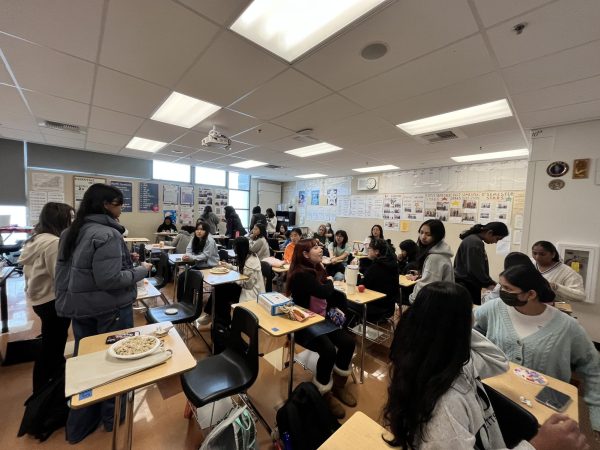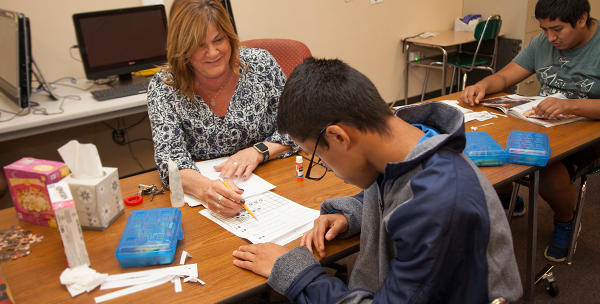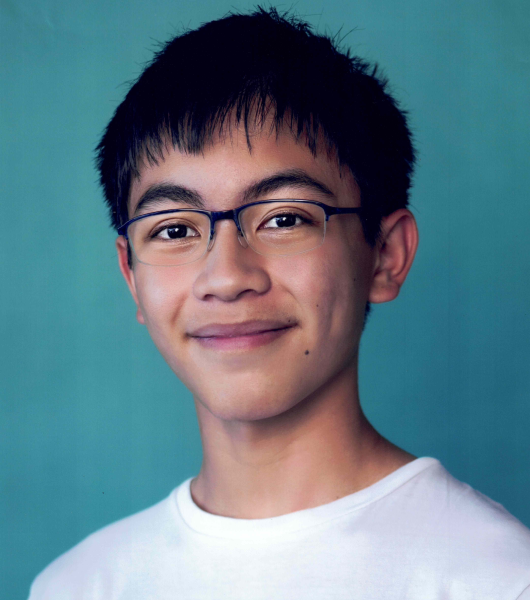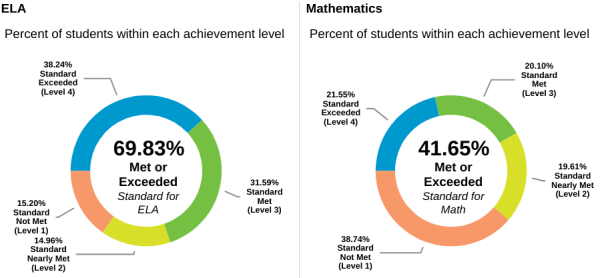Goodnight Mom, Goodnight iPhone
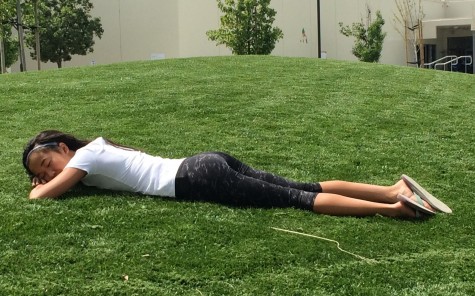
Students who spend time on their electronic devices ultimately feel more tired during the school day.
Here, in the 21st century, it is a fact that technology plays a large and important role in our daily lives. Technology allows us to connect with our society 24/7 in the privacy of our own homes, and this may cut into the time that should be spent sleeping. It is not uncommon for teens and adults to remain working or scrolling through social media feeds for hours at night. Not only is this technology a distraction and time-eater, the light these devices emit and the thoughts these activities require promote wakefulness. However, Apple has recently released a new feature to help reduce wakefulness while using your device. So while technology has an endless list of pros, the sleep issues that arise are a definite con.
The first problem with technology that is prevalent is the fact that it is distracting. Students (including myself) often pull out their phones to research information but then get sucked into text conversations, Snapchat, and Instagram. Since students typically have about seven hours of classes and then another couple of hours for after-school sports or other extracurriculars, they start their homework later in the evening. They then try to squeeze in that extra time using their phones as a “reward” for getting their homework and tasks done. Freshman Jackie Ng explained, “My phone really distracts me from my regular sleep schedule since I am on it late at night after I finish my homework.” According to the National Sleep Foundation, 27% of parents of teens that leave their phones on at night would rate their sleep as excellent, whereas 53% of parents of teens that leave their phones powered off at night rate their child’s sleep as excellent. It is not a bad idea for students to set boundaries for themselves and control their nightly phone usage.
The usage of technology before bed can turn into a bad habit. Mark Rosekind, PhD, former director of the Fatigue Countermeasures Program at the NASA Ames Research Center, explained, “as you stay up later on a consistent basis, you readjust your internal clock, and delayed sleep phase syndrome sets in. Now, your body physically can’t fall asleep until that new, set time, whether it’s midnight or 2 a.m.” Additionally, scientists have lots of evidence that the light that is emitted from your devices also stimulates brain activity and prevents peaceful sleep. Photo receptors in the retina sense black and white, and can give your brain a clue if it is day or night. This sensing is important because the brightness when we wake up in the morning alerts our body that it is day time. Theoretically, the same should work for night time, the brain senses dark which calms your body and you fall asleep. Blue light is the type of light that is reflected from devices, and this crisp light closely resembles “morning”, so you brain stays awake.
If you are a busy person with hardly any free time and need the nighttime to catch up on emails or texting, there is a way to prevent this wakefulness. Apple’s latest big update, iOS 9.3, offers a new feature that specifically targets this problem with working teens and adults. It is called Night Shift Mode, and you can turn it on for your Apple device at night to help you fall asleep. The bright whitish-blue color that keeps you awake will fade into a soft yellow light that is easier on your eyes and your circadian rhythm. Ng says, “This new feature that Apple has really helped me fall asleep. There is an option to set it to turn on at a certain time and I slowly get more tired. It helps me fall into more normal sleeping habits.” This feature will help reduce the harsh “day lights” from your device and help you fall into a good sleeping pattern.
Technology allows us to communicate via email, video chat, text message, or social media even when we are in bed trying to go to sleep. Many students are somewhat addicted to their smartphones, and this is shown through their sleep (or lack thereof). Study after study has shown that technologies emitting blue light should not be used before bed due to their stimulating nature. For a better night’s sleep, it is just as simple as the switch of a button and having the determination to not turn it back on.



